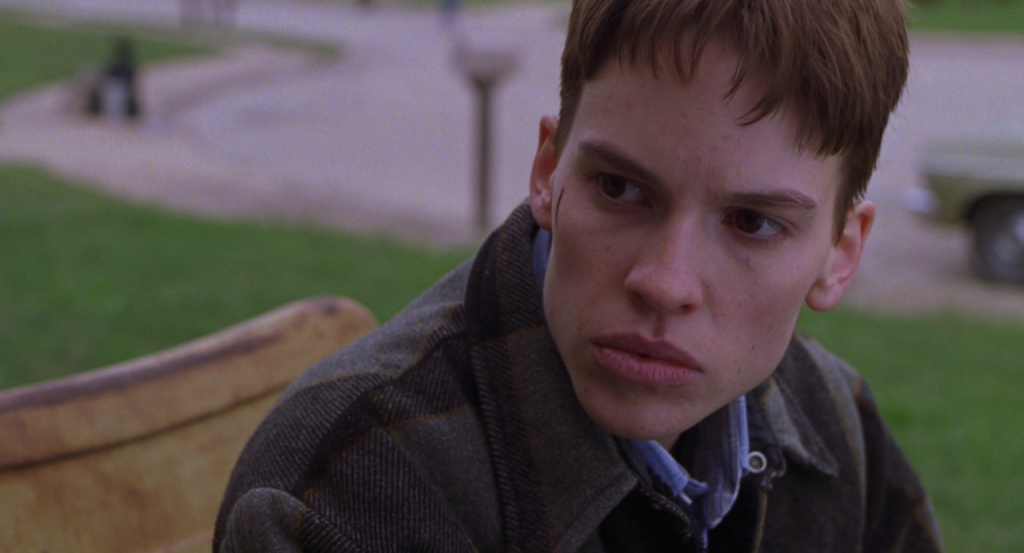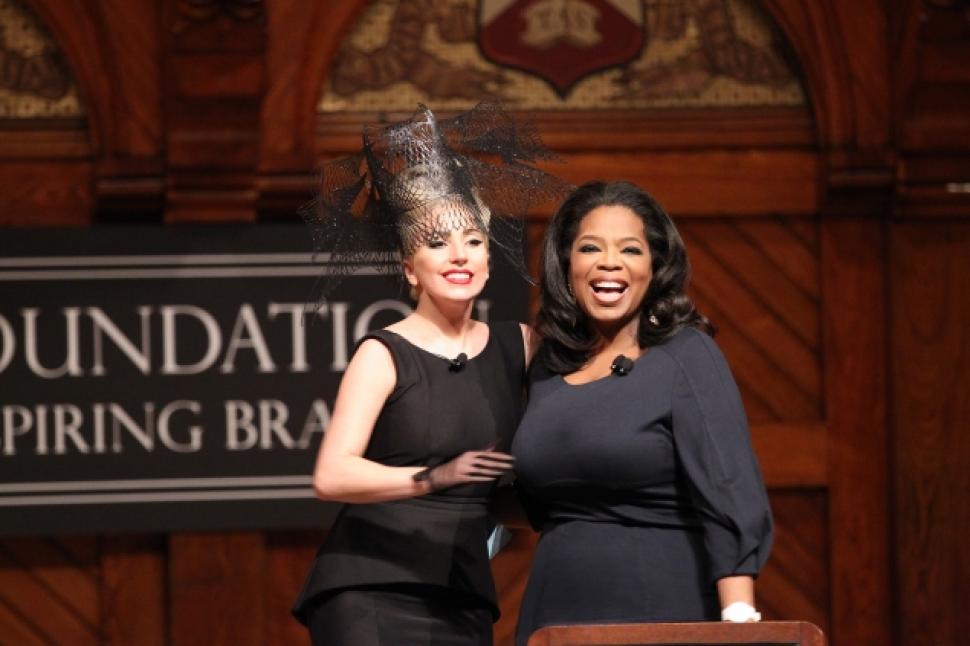
Photo [CC] Chris Zielecki
And Aaron shall cast lots upon the two goats one lot for the Lord and the other lot for the scapegoat
Leviticus 16:9-12
On a smaller scale, a child or student can be singled out for being different in some way and is subjected to abusive treatment by parents, teachers, siblings or fellow students. Shifting blame onto others in order to vent anger and frustration is the essence of scapegoating. This effort to achieve a vicarious redemption is seen vividly in the current epidemic of bullying. Bullying is a threatening form of scapegoating.
What lay behind the procedures of both witch trial and political hearing was a familiar American need to assert a recoverable innocence even if the only guarantee of such innocence lay in the displacement of guilt onto others.
Arthur Miller, The Crucible
Contributing Factors
What contributes to the emergence of scapegoating? There is an element of marginality in those that choose to scapegoat. Often these people have suffered significant childhood trauma. These survivors of abuse mistakenly believe that if they project onto others their own feelings of inadequacy and low self esteem, they will feel better about themselves.
This psychological defense is called projection and it is an effort to displace one’s own feeling of inadequacy, dissatisfaction and discomfort onto another. Anxiety and fear are prime motivators for the use of projection. Not being able to identify and integrate one’s own worrisome emotions gives rise to projection and its most destructive manifestation: scapegoating.
Characteristics
What are the characteristics of a scapegoat? What makes a person a target for bullying? There is a continuum from just being a bit different (clothes, physical characteristics), behaving in a noncompliant manner (being hyperactive, having a handicap) to having low self-esteem, feeling blameworthy, or even guilty. The targeted person often appears vulnerable in some way.

Photo [CC] Lee Morley
Of course, just because someone appears vulnerable doesn’t mean they deserve to be treated as a scapegoat.
The search for a scapegoat is the easiest of all hunting expeditions.
Dwight D. Eisenhower
Prevention, Education and Support
California Law
California’s new anti-bullying law—called Seth’s Law after the tragic death of Seth Walsh—took effect on July 1, 2012. It requires every member of school personnel in California to intervene to stop student harassment and bullying.
Cinematherapy
Another avenue for better understanding the dynamic of scapegoating is to explore film. Cinematherapy is a powerful method for examining difficult subjects.
The 1959 film, The Scapegoat, based on author Daphne du Maurier’s novel and starring Alec Guiness and Bette Davis, takes a dramatic look at the theme. A school teacher is tricked into trading places by a look-alike nobleman with murderous plans.
The 1962 film, To Kill A Mockingbird, based on Harper Lee’s novel and starring Gregory Peck and Mary Badham, revealed the prejudice and racial inequality of the Deep South.
The 1999 film, Boys Don’t Cry, based on Aphrodite Jones’ novel All She Wanted and starring Hilary Swank, told the real life story of Brandon Teena. Teena, who was born female but identified as male, was brutally beaten and murdered in 1993. He was 21 years old.
The scapegoat has always had the mysterious power of unleashing man’s ferocious pleasure in torturing, corrupting, and befouling.
Francois Mauriac
French author & Nobel Prize winner
Personal Guidelines
Become aware of your own psychological wounds and the defenses you have put into place to help you deal with the trauma. (Defenses are our unconscious ways of pushing away unpleasant thoughts feelings and behaviors). Here help from a skilled therapist is invaluable. Step away from less mature defenses like projection. Avoid blaming, preaching, moralizing, manipulating. Strengthen your self esteem. Focus on developing clarity and consciousness about your own inner workings.
Communicate with skill. Systems like Nonviolent Communication and P.E.T. teach ways to speak to others with compassion. Using I messages, Active Listening, and Mutual Problem Solving go a long way to heading off destructive exchanges with others.
Connect with other people who value freedom from scapegoating and believe in empathy and compassion. Spend time with people who also want to learn and support increasing self awareness and self growth.
Organizations
Fortunately, healthy responses to scapegoating are gaining more widespread support. In 2011, performer Lady Gaga launched the Born This Way Foundation to create “a braver, kinder world” for youths, free from bullying.
Ellen DeGeneres encourages people to donate to these anti-bullying organizations: The Trevor Project, The National Center for Bullying Prevention, and The Gay, Lesbian, Straight Education Network. Hudson Taylor, a competitive wrestler and coach at Columbia University, formed Athlete Ally to make sports more inclusive for all.
In the UK, The Scapegoat Society was established in 1996 as a resource both for people who have experienced being a scapegoat and for people working professionally to resolve scapegoating problems.
Final Thoughts
Empathy and understanding are the keynotes in dispelling the tendency to scapegoat others. In the Dalai Lama’s words:
Be kind whenever possible. It is always possible.
The Dalai Lama





